Yoruba spirituality, known as Ìgbàgbọ̀ Yorùbá, is a profound and vibrant belief system that forms the foundation of life for millions of Yoruba people, both in Africa and the diaspora. Rooted in the ancient traditions of the Yoruba people, this spirituality is more than just a set of rituals—it is a way of life that weaves the past, present, and future together. In this article, I will explore the essential elements of Yoruba spirituality, its practices, and how it continues to shape the lives of millions today.
From worshipping the divine deities called Oríṣà to the deep connection with nature and ancestors, Yoruba spirituality offers a rich tapestry of beliefs and practices that guide individuals on their journey through life. But what exactly does Ìgbàgbọ̀ Yorùbá mean, and how does it impact the Yoruba people today? Let’s dive in.
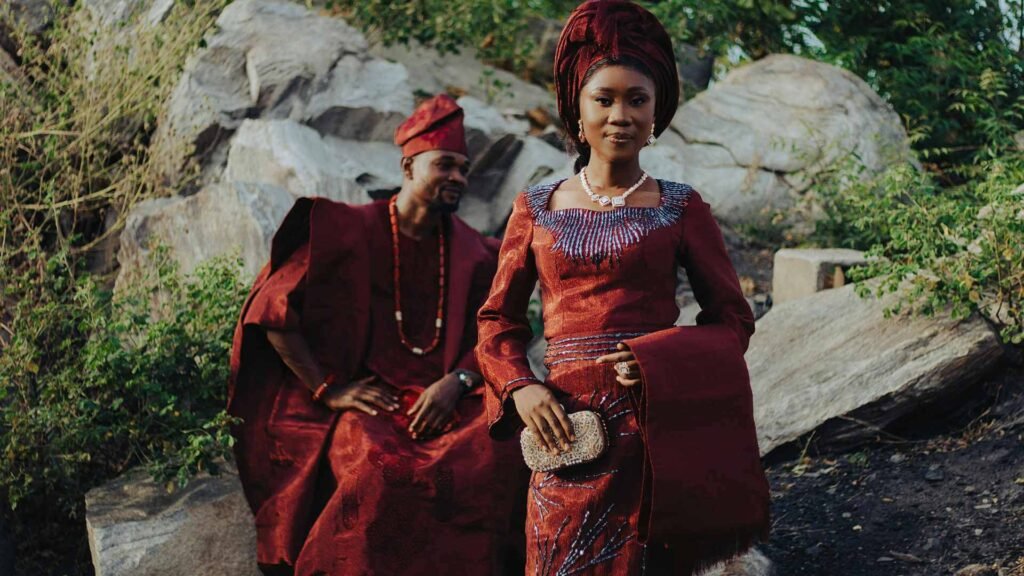
The Foundation of Yoruba Spirituality: Belief in the Divine and the Oríṣà
At the heart of Yoruba spirituality is the belief in a supreme God called Olódùmarè (or Olorun), the Creator of the universe. Olódùmarè is considered the source of all things—both seen and unseen. However, Yoruba spirituality does not focus solely on Olódùmarè. Instead, it recognizes a pantheon of divine beings known as Oríṣà—each representing different aspects of life, nature, and human existence.
These Oríṣà are revered as intermediaries between humans and the divine. They are believed to have control over various forces in the world and influence the lives of individuals. Here are a few prominent Oríṣà:
- Ṣàngó: The God of thunder, fire, and justice. He is seen as a powerful deity, embodying strength, courage, and leadership. Those seeking justice or facing conflict often turn to Ṣàngó for protection and guidance.
- Yemọja: The goddess of the sea, fertility, and motherhood. Yemọja is associated with nurturing, family, and healing. She is called upon by individuals seeking love, fertility, or protection of their families.
- Ogun: The God of iron, war, and labour. Ogun represents hard work, craftsmanship, and strength. People seeking career success or engaging in creative work often venerate Ogun.
These deities are not abstract figures but are deeply connected to people’s lives, offering guidance and intervention in the mundane and spiritual realms. Worship and offerings are made to honour these deities, often through music, dance, prayer, and rituals.
The Role of Ancestors: The Bridge Between the Living and the Divine
In Ìgbàgbọ̀ Yorùbá, ancestors are revered and play a significant role in guiding the living. The Yoruba people believe that the spirits of their ancestors remain close to them, providing protection, wisdom, and support. The connection with ancestors is vital to Yoruba spirituality and an ongoing relationship that transcends death.
Ancestral worship is an integral part of Yoruba practices. It often involves rituals, prayers, and sacrifices to honour the spirits of those who came before. Through these practices, Yoruba people ensure that their ancestors remain present, offering guidance and blessings.
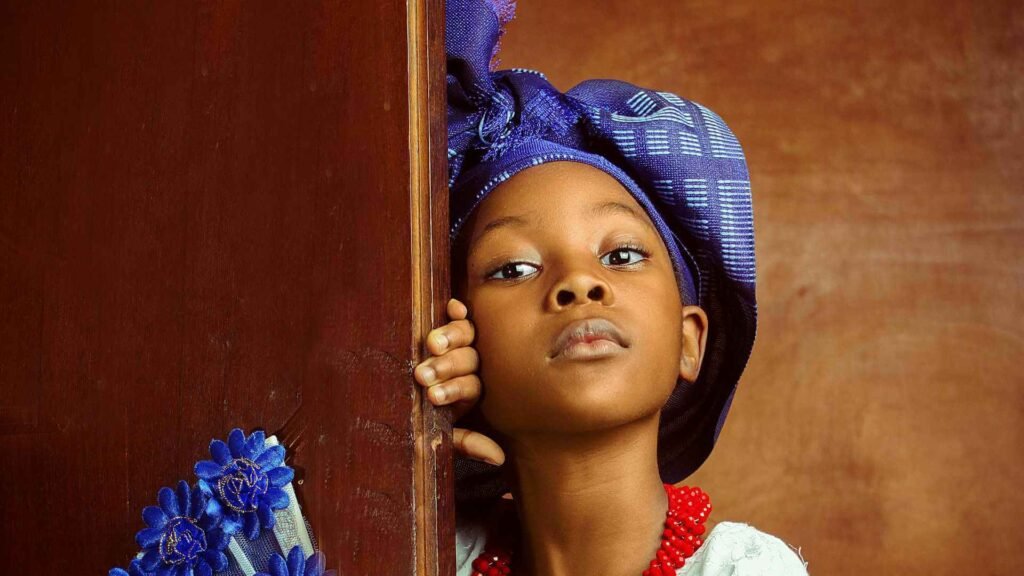
Yoruba Spiritual Practices: Rituals, Ceremonies, and Beliefs
The Yoruba people observe various rituals and ceremonies that reflect their spiritual beliefs and practices. These practices vary depending on the region, community, and deity being honoured. Still, they all share a common goal: to connect with the divine, seek guidance, and maintain balance in life.
- Divination: One of Yoruba culture’s most significant spiritual practices is Ifá divination. Ifá is a system of divination that involves interpreting the messages from the deities through a spiritual intermediary known as a Babaláwo (male priest) or Iyaláwo (female priest). Through sacred objects, such as palm nuts and a divination tray, the priest interprets the will of the Oríṣà and offers advice and guidance to individuals seeking clarity in their lives.
- Festivals and Celebrations: The Yoruba people celebrate festivals yearly, each honouring a specific Oríṣà or significant event. Colourful processions, music, dance, and elaborate rituals mark these festivals. For example, the Ọsẹ́-Ọṣọ̀ Festival honours the Oríṣà Ọṣọ̀ (the goddess of fertility and agriculture) and is celebrated with singing, drumming, and offerings.
- Sacrifices and Offerings: Offering food, drinks, and other items is essential to Yoruba spirituality. These offerings appease the Oríṣà and ancestors, seeking their favour, protection, and blessings. While sacrifices may seem daunting to those unfamiliar with Yoruba traditions, they are essential to maintaining balance and harmony in the spiritual world.
Yoruba Spirituality in the Modern World
Though Yoruba spirituality has deep roots in tradition, it continues to thrive in the modern world. Today, millions of Yoruba people, both in Nigeria and across the globe, continue to practice their spirituality through rituals, worship, and community gatherings. This spirituality has also influenced other belief systems, including those in the Americas, where Yoruba traditions have merged with elements of African diasporic religions.

Furthermore, many people who practice Yoruba spirituality today find that it offers a sense of belonging, community, and purpose, especially in a world increasingly disconnected from cultural roots and spirituality. The values of Ìgbàgbọ̀ Yorùbá—such as respect for elders, a deep connection with nature, and the importance of community—are timeless and continue to offer guidance in the complexities of modern life.
Embracing the Richness of Yoruba Spirituality
In conclusion, Yoruba spirituality, or Ìgbàgbọ̀ Yorùbá, is a deep and vibrant belief system that connects individuals to the divine, their ancestors, and each other. It offers a framework for living a life of integrity, respect, and community, grounded in the worship of deities, ancestral reverence, and meaningful rituals. By exploring these practices and beliefs, we better understand the Yoruba people’s profound connection to the world around them.
As the world becomes increasingly interconnected, the wisdom and practices of Ìgbàgbọ̀ Yorùbá continue to provide valuable lessons for individuals seeking a deeper spiritual connection. Whether you are of Yoruba descent or simply interested in exploring new perspectives on spirituality, the teachings of Yoruba traditions offer a path toward greater understanding, personal growth, and harmony in both the spiritual and material worlds.

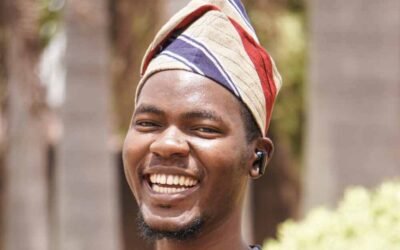
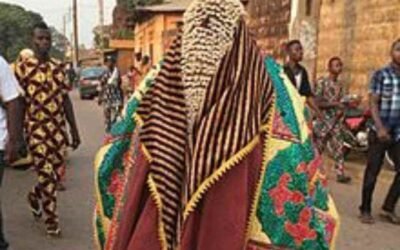
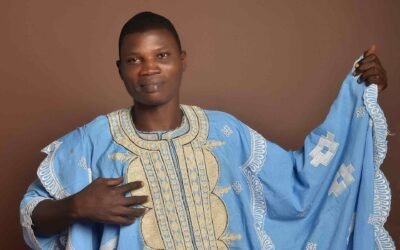
0 Comments